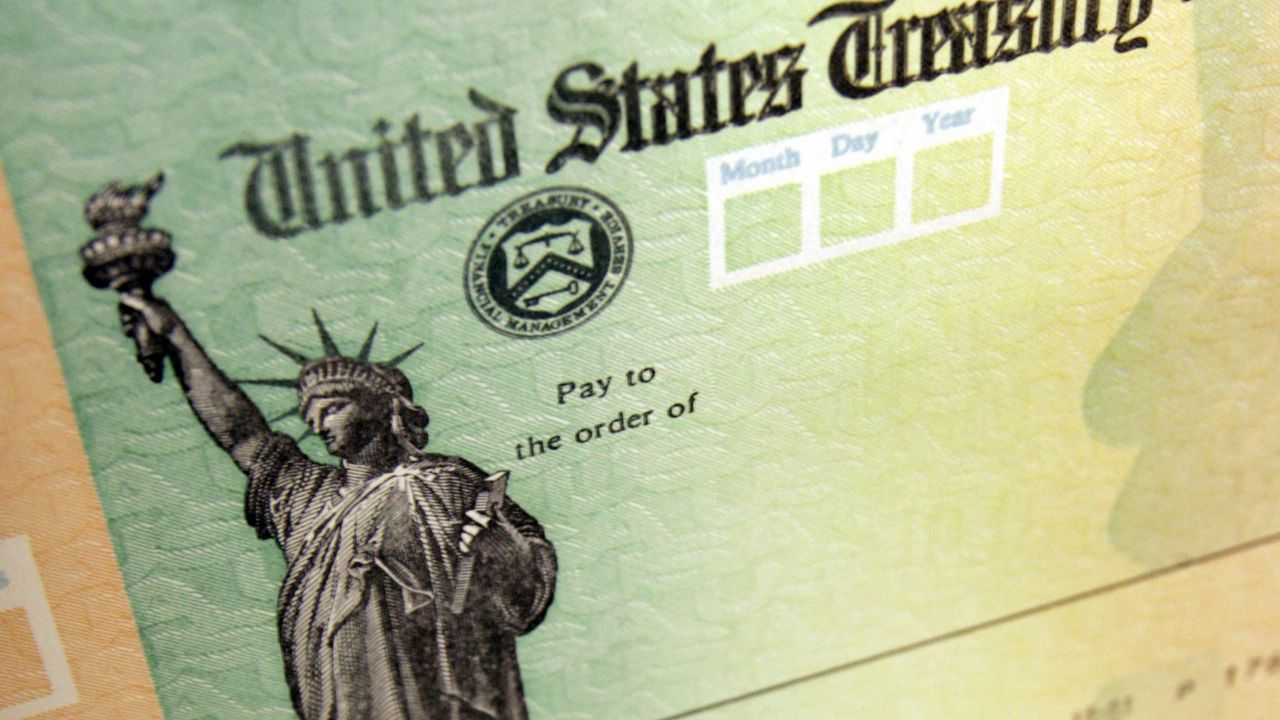When the American Rescue Plan passed in mid-March, some Americans who received unemployment benefits had already filed their 2020 taxes.
But the $1.9 trillion package made some of those unemployment benefits — typically considered taxable income — non-taxable, meaning many Americans are owed a refund, which will start to be distributed by the Internal Revenue Service in just over a month.
Under the legislation, which President Joe Biden signed into law on March 11, Americans who made less than $150,000 and received unemployment benefits in 2020 are exempt from paying federal income tax on up to $10,200 in benefits. That number increases to $20,400 for Americans filing taxes as a married couple.
On March 17, the IRS announced it was pushing the tax filing deadline from April 15 to May 17, hoping in part to give Americans who are owed a refund more time to figure out what the American Rescue Plan’s provisions meant for them.
But an undetermined amount of people had already submitted their tax returns for the prior year, and were not able to take into account the plan’s exemptible income clause.
According to a release from the IRS on Wednesday, the agency will begin processing returns and refunds for those impacted over the course of the spring and summer. The first round of refunds are anticipated to be sent out in May.
“For those taxpayers who already have filed and figured their tax based on the full amount of unemployment compensation, the IRS will determine the correct taxable amount of unemployment compensation and tax,” the statement read in part. “Any resulting overpayment of tax will be either refunded or applied to other outstanding taxes owed.”
The IRS will process the recalculations in phases, starting with single tax filers eligible for the up to $10,200 benefit, later focusing on joint filers and “others with more complex returns.”
Taxpayers do not need to file any additional paperwork or amend their original tax return unless the recalculations “make the taxpayer newly eligible for additional federal credits and deductions not already included on the original tax return,” the IRS noted.
A near-record number of Americans — 23 million of them, per the IRS, which cites the Bureau of Labor Statistics — filed for unemployment last year. The IRS is still working to determine how many people affected by the tax change had already filed their taxes before the plan was signed into law.
The IRS is also urging Americans who received unemployment benefits, but who have not yet filed a tax return, to do so sooner rather than later.
"Even with the new deadline, we urge taxpayers to consider filing as soon as possible, especially those who are owed refunds," IRS Commissioner Chuck Rettig said in mid-March, noting that Americans can file electronically to earn quicker refunds, and set up direct deposit to receive refunds and stimulus payments.



